Global Expansion Strategies for FinTechs in Emerging Markets: A Playbook for Leaders
2nd August 2025
 Biometric Payments: The Next Big Trend in Secure Transactions
Biometric Payments: The Next Big Trend in Secure Transactions
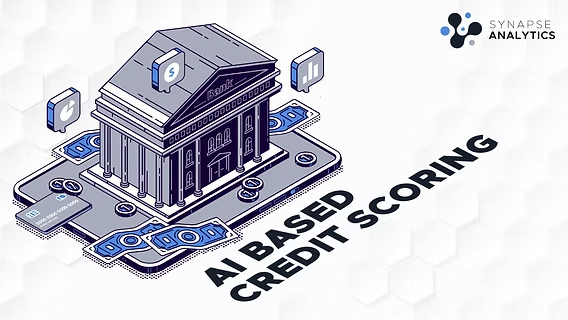 How AI is Transforming the Credit Scoring System
How AI is Transforming the Credit Scoring System
 What the Future Holds for Digital-Only Banks: Navigating the Next Era of Banking
What the Future Holds for Digital-Only Banks: Navigating the Next Era of Banking
 The Rise of Contactless Payments: Benefits and Security Concerns
The Rise of Contactless Payments: Benefits and Security Concerns
 Top Fintech Innovations Shaping 2025: The Future of Finance
Top Fintech Innovations Shaping 2025: The Future of Finance
 QR Codes and the Cashless Leap: Transforming India's Financial DNA
QR Codes and the Cashless Leap: Transforming India's Financial DNA
 The Impact of 5G on Fintech Services
The Impact of 5G on Fintech Services
 The Evolution of Fintech Regulation: What’s Next?
The Evolution of Fintech Regulation: What’s Next?
.jpg) The Future of Payments: Trends Reshaping Transactions in 2025
The Future of Payments: Trends Reshaping Transactions in 2025
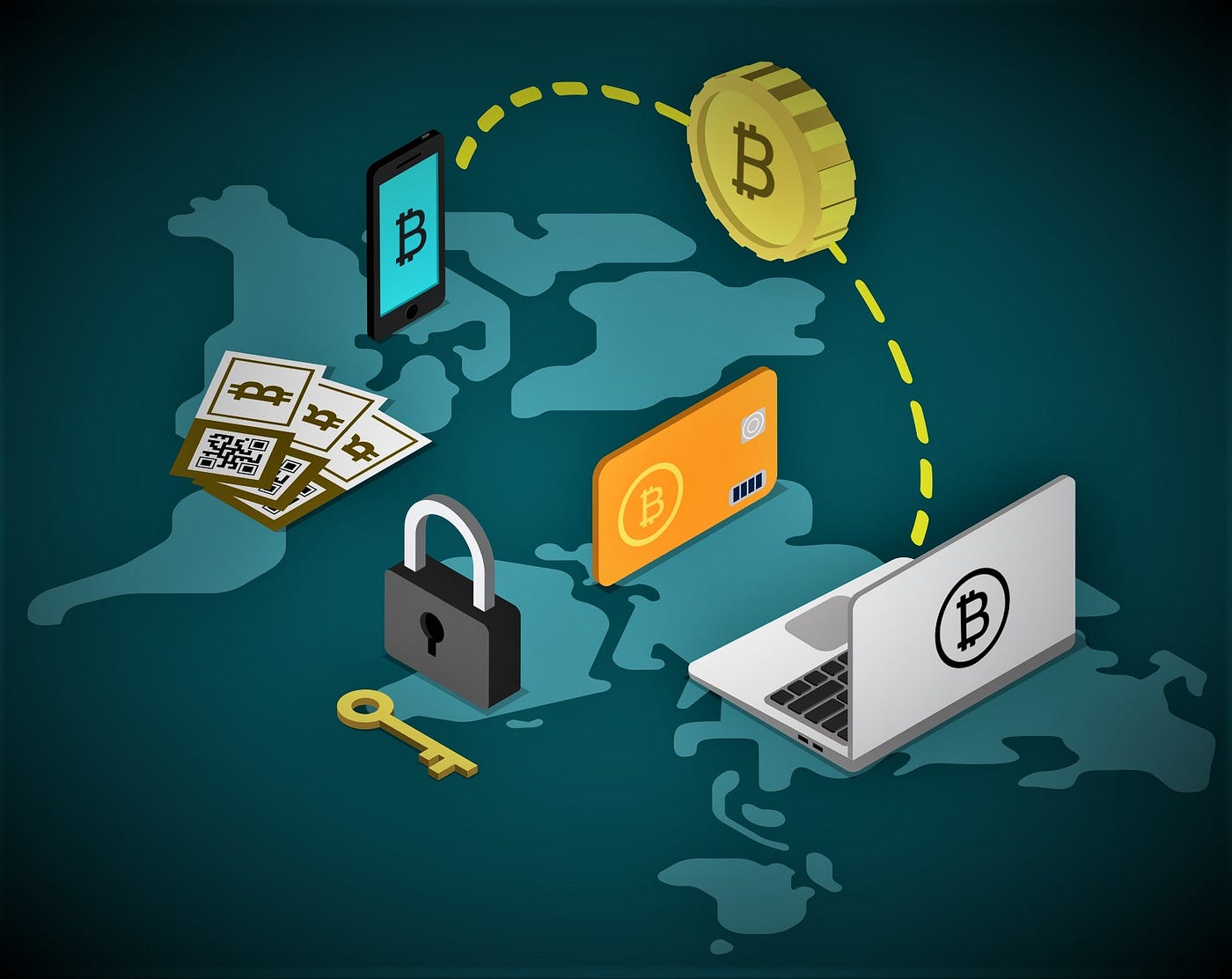 The Role of Cryptocurrencies in Cross-Border Payments
The Role of Cryptocurrencies in Cross-Border Payments
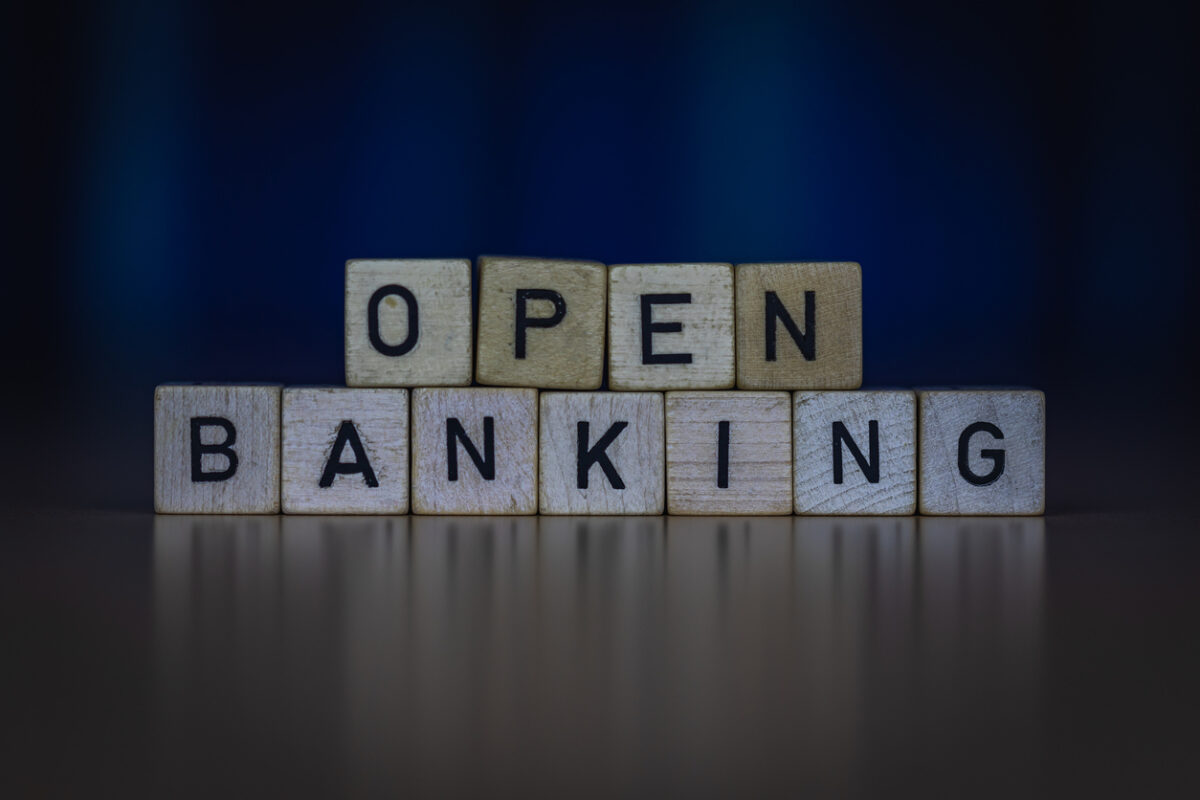 How Open Banking is Shaping Financial Services Globally
How Open Banking is Shaping Financial Services Globally
 Flipkart Gets a Lending Licence: A Bold Leap into Embedded Finance
Flipkart Gets a Lending Licence: A Bold Leap into Embedded Finance

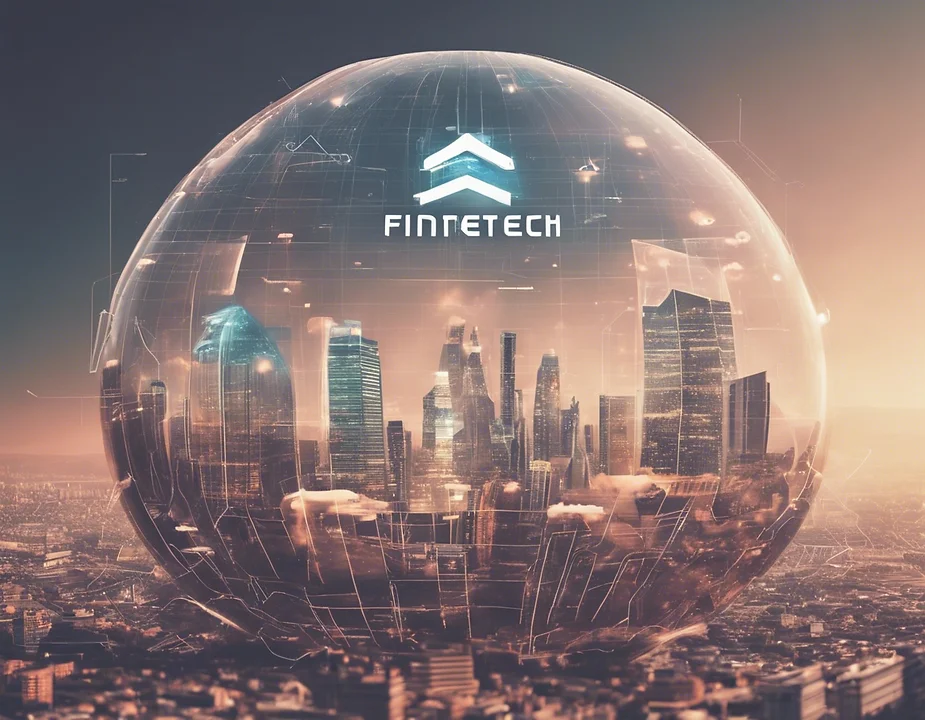
26 March 2025
5 min read
3309
As we step into 2025, the fintech landscape is brimming with energy and opportunity. The past 12 months saw momentum gather behind key trends from open banking to the focus on environmental, social and governance initiatives as predicted.
Innovation spans multiple sectors, including cybersecurity, regulatory technology and decentralised finance, while established technologies like RPA and embedded finance are reaching new levels of sophistication. In this top 10, we explore the key developments that will define the fintech industry in 2025, offering insights into the future of finance.
AI and ML are becoming indispensable in FinTech, driving smarter, faster, and more personalized financial solutions. From fraud detection to customer service and portfolio management, these technologies are reshaping decision-making and operations.
DeFi is democratizing finance by eliminating intermediaries and creating a decentralized ecosystem of financial products. In 2025, DeFi platforms are maturing, offering more reliable and regulated solutions.
Notable Advancements:
Open Banking is pushing the boundaries of collaboration between traditional banks and FinTech companies. By leveraging APIs, financial institutions are creating interconnected ecosystems that enhance user experiences.
Key Developments:
With the rise in digital financial services, security remains a top priority. Biometric authentication technologies like fingerprint scanning, facial recognition, and voice recognition are becoming the norm for secure transactions in 2025.
Advancements Include:
Embedded finance is transforming industries by integrating financial services directly into non-financial platforms. Whether it's loans, insurance, or payment solutions embedded within apps, this trend offers a seamless and frictionless experience for users.
Key Examples:
Regulatory Technology (RegTech) is gaining traction as regulatory requirements grow more complex. RegTech solutions help FinTech companies navigate compliance efficiently, reducing risk and costs.
Innovations:
Buy Now, Pay Later (BNPL) services are evolving into more sophisticated financial products. By 2025, BNPL is expanding beyond retail to cover healthcare, education, and travel expenses.
Key Trends:
Sustainable finance is becoming a core component of FinTech strategies as climate change concerns grow. Green FinTech focuses on supporting ESG (Environmental, Social, and Governance) initiatives through technology.
Examples:
The wealthtech sector is poised for significant growth in 2025 as artificial intelligence and personalisation reshape wealth management. Enhanced AI-driven portfolio management and automated tax optimisation will become all the more prominent, while embedded finance solutions will integrate wealth services into everyday apps. The sector's expansion is fuelled by growing demand from millennials and Gen Z investors seeking digital-first wealth management solutions, alongside increasing adoption of open banking standards.
In 2025, consumers expect tailored financial solutions that adapt to their unique needs and goals. Hyper-personalization uses big data, AI, and machine learning to deliver bespoke financial services.
Impact Areas:
The FinTech industry is evolving at an unprecedented pace, driven by innovation, consumer demand, and a quest for efficiency. As we step into 2025, the trends outlined above highlight how FinTech continues to break barriers and revolutionize finance globally. From embedded finance to blockchain, the sector is shaping a future where financial services are more inclusive, seamless, and secure than ever before.
Key Takeaways for Businesses and Consumers:
The opportunities in FinTech are limitless, and those ready to embrace these trends are poised to lead the next wave of financial innovation.
Read Next
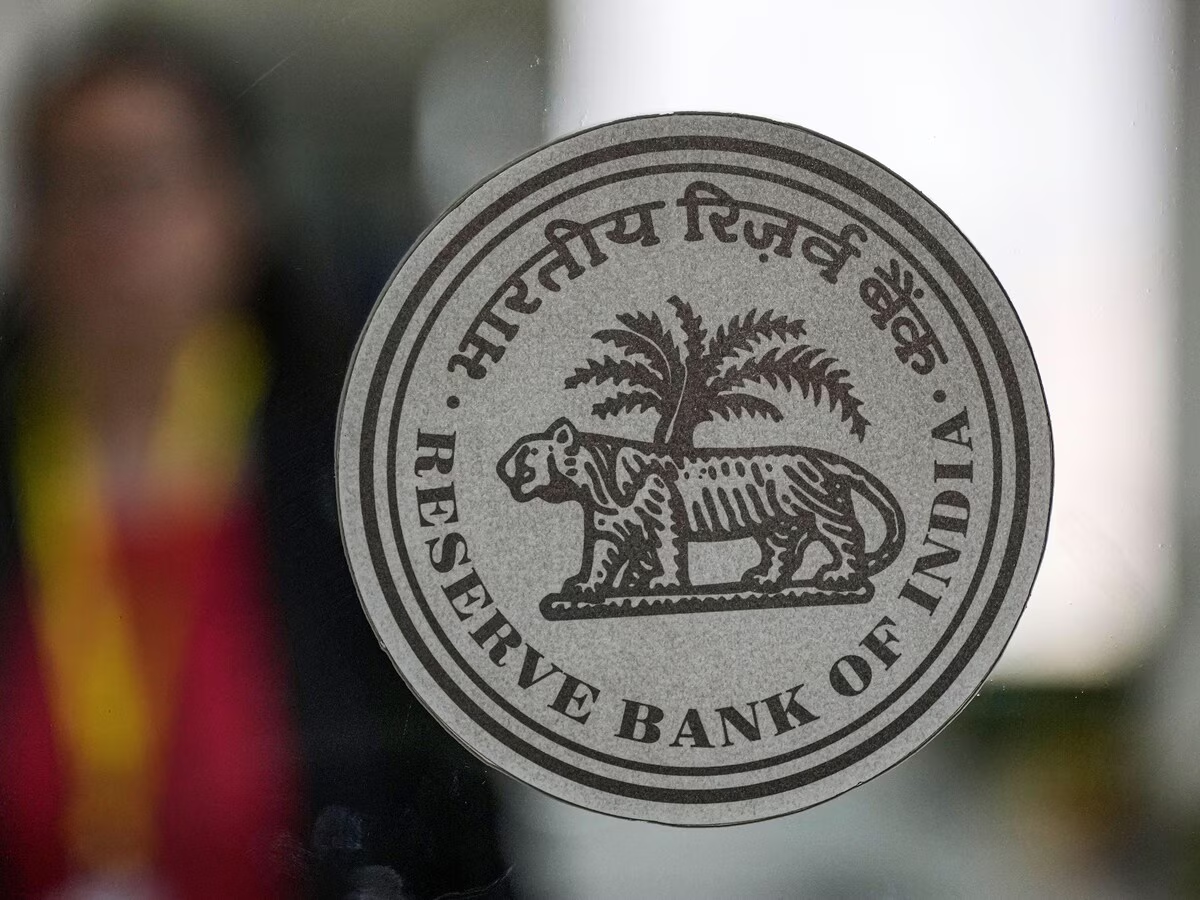 News
News
 News
News
.jpg) News
News
 News
News
 News
News
Live Polls
Live Discussion
Topic Suggestion
Whom Do You Wish To Hear
Sector Updates
Leave your opinion / comment here